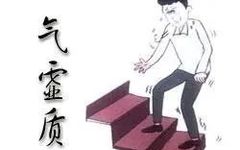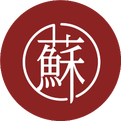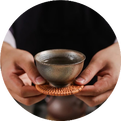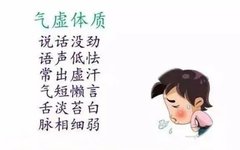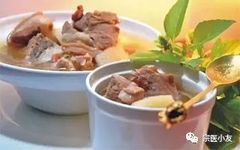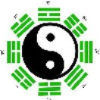Treatment of Qi Deficiency: Heart Qi, Lung Qi, Spleen Qi, Kidney Qi, Qi Sinking, Qi Reversal, Qi Stagnation, and Qi Collapse
Qi Deficiency – The Huangdi Neijing (Yellow Emperor’s Inner Canon) has long pointed out: “All diseases arise from Qi,” meaning that many diseases are related to the movement of Qi in the body. Therefore, to maintain health, it is essential to focus on Qi replenishment. Qi replenishment methods are suitable for those with Qi deficiency; … Read more

